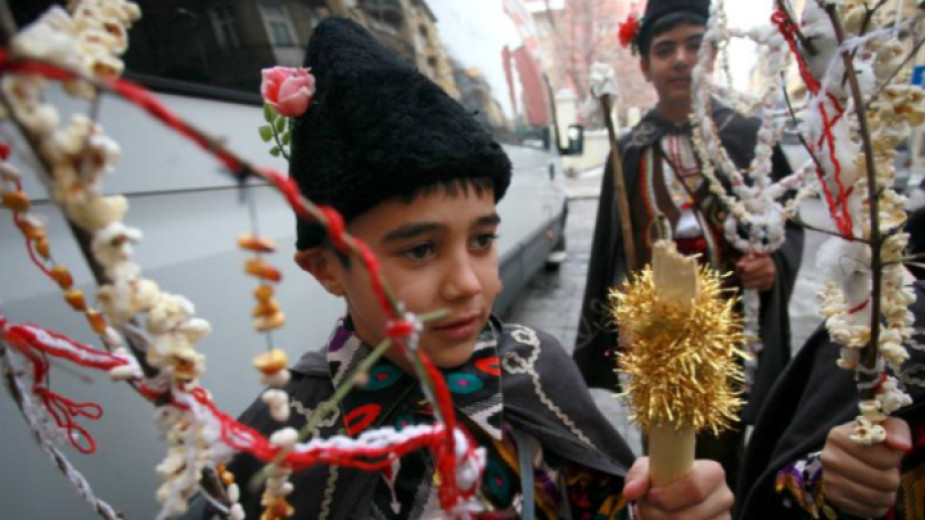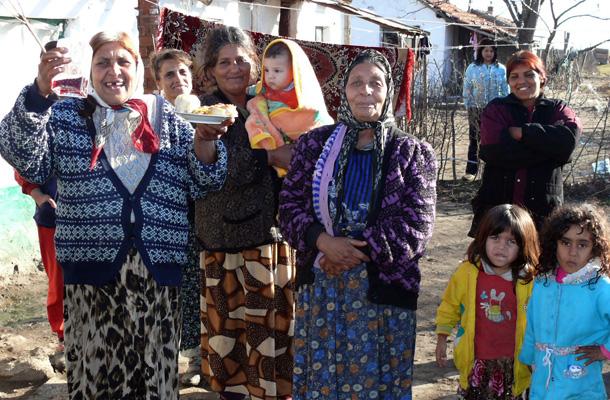 4
4


A Bulgarian amateur folk choir based in Italy has returned to Bulgaria for its debut performance before a home audience. Most members of the choir, named Beli Rozi (White Roses) , have lived in the southern Italian city of Pescara for over a decade...
Elation, happy faces, smiling people, beautiful Bulgarian songs and dances – that was how the first festival of Bulgarian folklore ensembles abroad got started last night in Arbanasi village near Veliko Tarnovo. The idea for the festival belongs..
Folk costumes and customs from across the country will be presented at the Kostina Historical Site in Ribaritsa village. The event will take place on 19 and 20 July as part of the Holiday of Folk Customs and Authentic Costumes . According to the..

+359 2 9336 661
